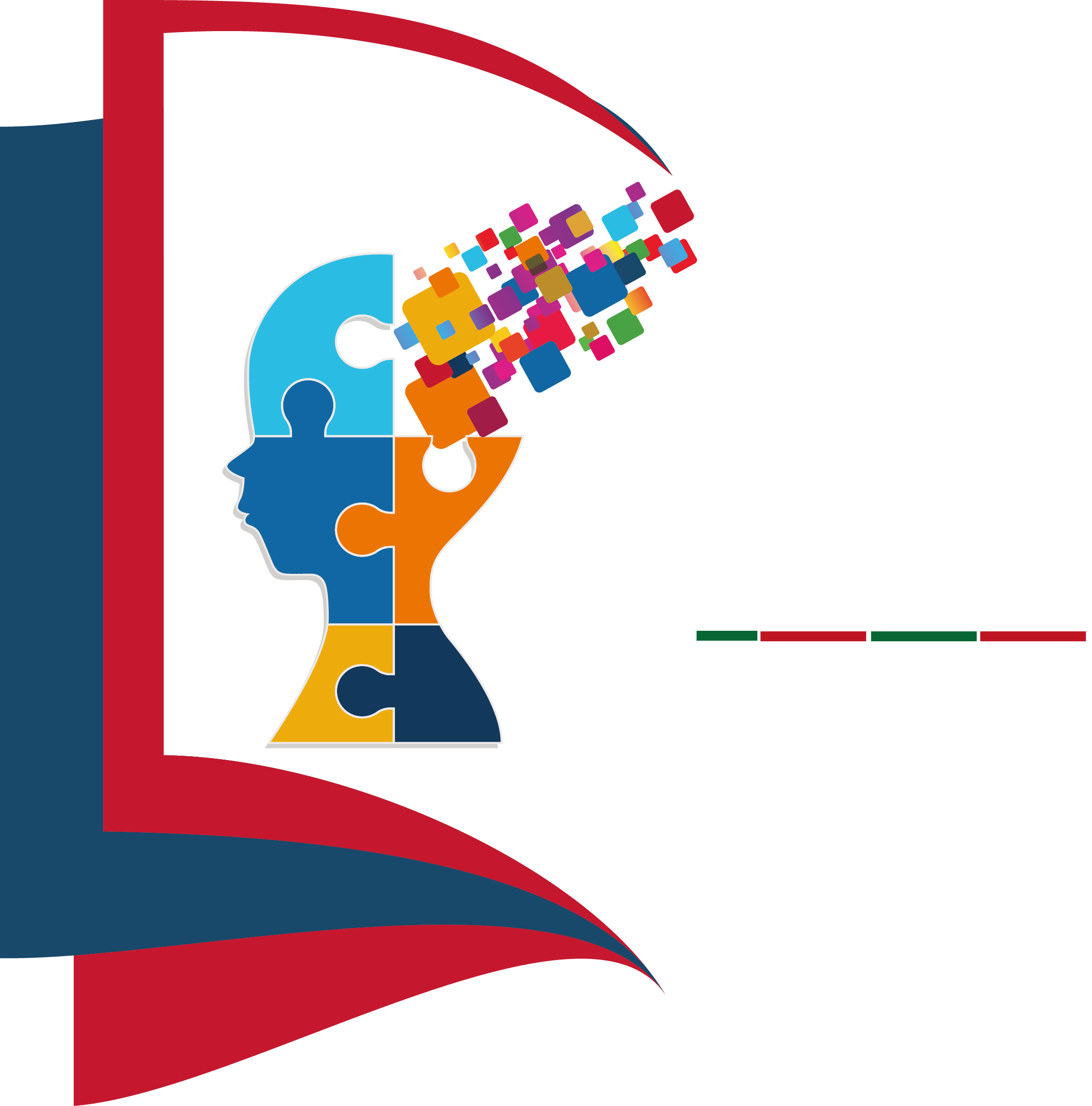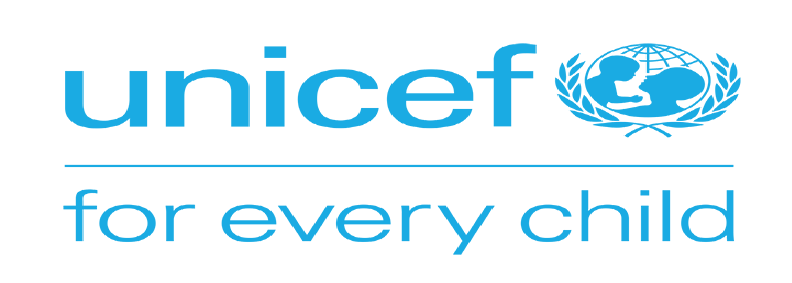
Aout the Conference
ALECSO is working, jointly with its partners, to organize an International Conference on “Learning Loss: Diagnosis and Remedies”. This initiative is aligned with global, regional and national efforts to accelerate recovery from the impacts of COVID-19, and to follow up on the outcomes of the “High-Level Regional Meeting on Youth Learning, Skills, Social Inclusion and Transition to Decent Work” (Amman, April 2022) and the Transforming Education Summit (New York, September 2022), with the ultimate aim being to promote a more inclusive, equitable, and sustainable quality education.
International Conference on Learning Loss
“Diagnosis and Remedies Within a Vision of Education Transformation”
-
Conference GOALS
∎ Promote continued mobilization of efforts to foster political support and shared commitment toward accelerating progress in achieving the Education 2030 Agenda in the Arab region;
∎ Contribute to raising awareness of the need to work toward empowering and transforming education into a more inclusive, equitable and sustainable quality education, through in-depth reflection on the problem of learning loss and its root causes, and taking adequate response measures, particularly with regard to Foundational Learning.
∎ Discuss the issues of “learning loss” and “learning poverty” and their adverse impact on achieving sustainable development in the Arab region;
∎ Share information, expertise, and best practices/experiences in addressing learning loss;
∎ Follow up on the commitments pledged at the “Transforming Education Summit” and the “High-Level Regional Meeting on Youth Learning, Skills, Social Inclusion and Transition to Decent Work”;
∎ Promote a broad endorsement of the Arab States’ Call for Action on Foundational Learning.
-
FOCUS AREAS
⦿ Focus Area 1 : Identifying learning loss and its relation to neighboring concepts
Addressing the issue of “learning loss” requires first identifying it as a key concept in the Conference in relation to other neighboring concepts, which enables the development of the relevant conceptual framework. The concept, being the intellectual tool by which relevant specialists approach the issue at hand, carries with it the intellectual problem to be tackled, along with its impact on the ground.
The concept of “learning loss” is, in fact, of crucial importance to the Conference participants, as it enables education specialists to gain a more in-depth insight into the issue under consideration and its theoretical underpinnings, and to place this issue within its proper framework.
On the other hand, tackling the neighboring concepts and how they relate to each other will also help to build the integrated conceptual framework, and therefore to gain a better understanding of the complex reality, which is a key prerequisite for developing adequate response plans. In this regard, the following questions are worth exploring :
- To what extent does “learning loss” properly respond to, and adequately reflect, the educational issue laid for discussion in the Conference?
- “Learning loss” and “learning poverty”: What are the intellectual and educational foundations underlying the two concepts? How do they relate to each other?
- Intellectually speaking, is “learning loss” a cause of “school dropout”? Does “school dropout” exacerbate “learning loss”? How do the two concepts relate to each other?
- In what ways and how far does the concept of “learning loss” interrelate with the concepts of “accelerated remedial education”, “learning recovery”, and “accelerated learning”?
- To what extent does the intellectual approach based on identifying concepts and their correlations help build a new intellectual framework that enables developing an innovative plan aligned with the recommendations of the Transforming Education Summit and the 2030 Sustainable Development Goals?
⦿ Focus Area 2 : Methodological issues
In light of the outcomes of the international study conducted on the occasion of the International Day of Education (2022), and considering the negative repercussions that can be engendered by the learning loss crisis, it is necessary to pursue a proper methodological approach in dealing with this issue and its adverse impacts.
Experts have discussed the problem of learning loss based on an analytical comparative study, both quantitative and qualitative, covering 65 regions and 104 countries around the world. Many countries, however, have pursued different approaches to meet their specific contexts.
To further explore these approaches, the Conference offers a significant opportunity to showcase the results obtained and the methodologies adopted, which will help address the following questions:
- What methods are being used in different countries to diagnose the problem of learning loss?
- What methodology is being used to measure learning loss (methods, tools, standards, indicators...)?
- What is particularly focused on in the process of diagnosing learning loss (skills, educational materials…)?
- How can objective data and evidence on learning loss promote proper education-related decision-making?
⦿ Focus Area 3 : Countries’ responses to learning loss
A report released by UNICEF, UNESCO, and the World Bank (2022) indicates that many countries are now facing a “learning loss” crisis. This crisis has exacerbated the already existing problem of “learning poverty”. As a result of the pandemic, learning poverty has increased by a third in low- and middle-income countries, with an estimated 70% of 10-year-olds unable to understand a simple written text (compared to 57% in 2019). Additionally, dropout rates have increased in some countries, along with child labor and mental health issues. Still worse, the expected learning loss, as indicated in the report, is most severe in the early grades of schooling as well as among the youngest children and those from poor socioeconomic backgrounds.
These statistics provide the Conference with the needed data to gain awareness of the crucial importance of the issue at hand, and of the need for all countries to adequately respond to the “learning loss” problem given its serious impact on educational systems.
The Conference also offers an opportunity for the participating countries to showcase their specific experiences and confirm the relevant data and statistics.
The various experiences to be showcased during the Conference will familiarize participants with the specific approaches adopted to address the problem of learning loss. They will also highlight the importance of developing adequate national plans in response to this crisis.
- How have Arab countries responded to learning loss? What type of challenges have they encountered in addressing this problem?
- What approaches and mechanisms have been employed to that end?
- What are the successful global models and experiences in addressing learning loss before and after COVID-19 (policies, programs,...)?
- To what extent can unified tools be built to ‘disclose’ learning loss in a way that enables ALECSO to develop an adequate strategy for action and to strengthen partnership in this regard among Arab countries?
⦿ Focus Area 4 : Moving forward toward better addressing learning loss
As the “learning loss” crisis unfolds, global, regional and national efforts are being stepped up to develop adequate responses. In support of these endeavors, and given the delicate situation humanity is currently going through, all countries of the world are called on to engage, in an informed, responsible and unconditional manner, in supporting choices for transforming education, and in searching for solutions that guarantee respect for human dignity and provide the needed requirements for quality education.
It is on this basis of international cooperation and constructive interaction among all relevant stakeholders that proper educational policies and strategic actions can be undertaken to ensure recovery of learning losses; and it is this qualitative input offered by the Conference that distinguishes it from previous conferences organized in this regard.
- How can the transformation of education financing contribute to promoting catch-up learning programs?
- Ensuring quality and excellence and using technology in addressing learning loss.
- RAPID Framework for Learning Recovery and Acceleration (World Bank).
EVENT SCHEDULE
CONFERENCE VENUE
ALECSO - Arab League of Educational, Cultural and Scientific Organisation Headquarters
Avenue Mohamed Ali Akid, Centre Urbain Nord, BP 1120, Cité Khadra 1003, Republic of Tunisia
Hotels
Her are some hotel offers
CONTACT US
Ms. Nesrin Ghnaim / External Relations Officer - ALECSO



















